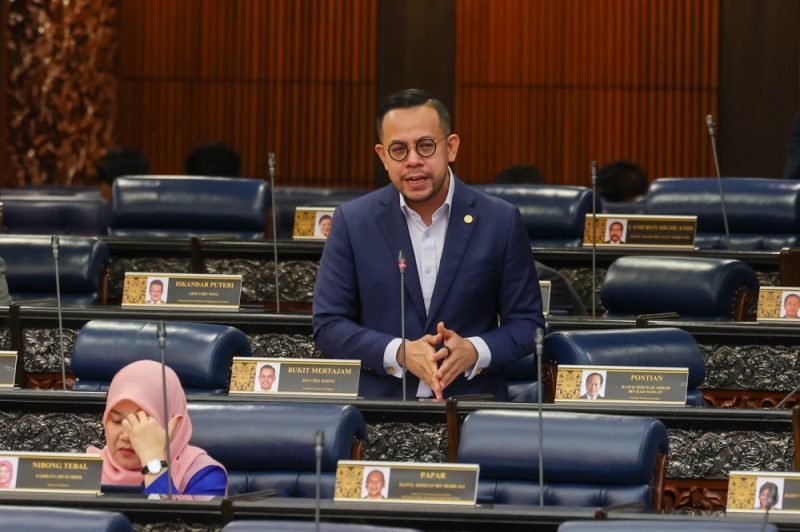KUALA LUMPUR, Sept 25 (NNN-Bernama) — Malaysian government and central bank, Bank Negara Malaysia (BNM), will continue to expand the Local Currency Settlement Framework (LCSF) cooperation with other countries, especially nations that have a high bilateral trade value with Malaysia.
Deputy Minister of Finance II Steven Sim Chee Keong said that although the government takes proactive steps to encourage local currency settlement by providing policy flexibility, the choice of using local currency for cross-border settlement is subject to the needs and decisions of private businesses.
“Like other countries involved in the global supply chain dominated by multinational companies, the United States currency is still the main choice for international private companies for the settlement of international trade transactions due to various factors.
“Among them is that the greenback is accepted globally and has deep market liquidity and cost-effectiveness. This contributes to the current dependence of settlements in the US dollar of 82.2 per cent of the total amount of trade settlements as at August 2023,” he said at the Dewan Negara (upper house of Parliament) Monday.
Sim also said that among ASEAN countries, BNM is working with the Bank of Thailand and Bank Indonesia to encourage the use of local currency through LCSF.
The LCSF collaboration established with Thailand and Indonesia is to increase the access of Malaysian importers and exporters to Thai baht and Indonesian rupiah.
Sim said that overall, bilateral local currency settlement between Malaysia, Thailand and Indonesia has shown an increase from 12.8 per cent in 2016 to 19.6 per cent as at August 2023 for Thailand.
Meanwhile, Indonesia showed an increase of 12.5 per cent in 2017 to 16.7 per cent as at August 2023 since the establishment of the LCSF.
In addition, he said BNM has also increased the use of regional currencies through collaboration with the People’s Bank of China over the past decade.
“Among the initiatives to facilitate the settlement of international trade transactions in renminbi are the bilateral currency swap arrangement agreement and the Qualifying Foreign Institutional Investors (QFII) scheme (2009), direct renminbi-ringgit currency transactions (2010), Cross Border Collateral Arrangement (CBCA) and Renminbi Liquidity Facility (RLF) (2013).
“The appointment of Bank of China (Malaysia) Ltd as a renminbi clearing bank since 2015 also facilitates the access of Malaysian financial institutions into the Chinese financial market,” he said.
— NNN-BERNAMA






